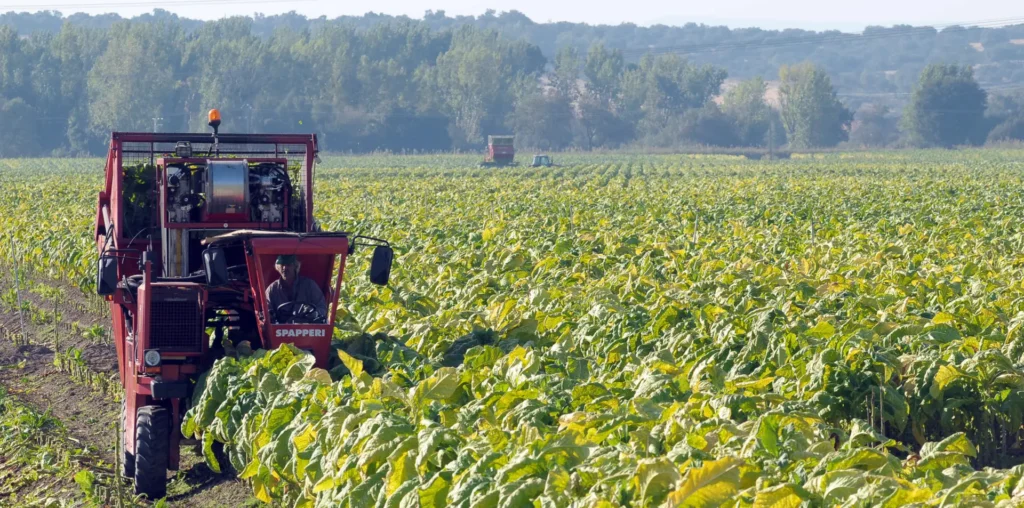Brazil’s agricultural sector expanded its global footprint in October 2024, opening 34 new markets across 12 countries. This achievement marks the year’s second-best performance in market openings.
The Ministry of Agriculture and Livestock highlighted key developments. Saudi Arabia now imports Brazilian cotton lint and seed. Eurasian Union countries opened markets for Brazilian cocoa almonds and yerba mate.
Cuba imports genetic material from Brazilian sheep and goats. Japan accepts dried macadamia nuts, while Qatar welcomes sheep and goat meat from Brazil.
Throughout 2024, Brazil has opened 192 new markets in 48 countries. This expansion showcases Brazil’s commitment to global trade and the quality of its agricultural products.
September 2024 saw record-breaking exports in the agribusiness sector, reaching $14.19 billion, a 3.6% increase from September 2023.


The 12-month period from October 2023 to September 2024 showed significant progress, with agribusiness exports totaling $166.19 billion, up 1.8% from the previous year.
Brazil’s Agricultural Sector
Brazil’s agricultural success represents thousands of farmers, workers, and businesses contributing to the nation’s economy. The sector’s growth supports rural development and technological innovation in agriculture.
Diversifying export markets reduces Brazil‘s dependence on single trading partners, protecting the sector from regional economic fluctuations. It also creates new opportunities in emerging markets.
As the agricultural sector expands, it faces challenges like sustainability and market competition. Balancing economic growth with environmental concerns remains crucial.
In addition, the industry must maintain product quality to meet international standards. Brazil’s agricultural success demonstrates the power of free trade and economic liberalization.
By opening new markets and diversifying exports, the country strengthens its position in the global economy. This approach promotes growth while respecting market forces and individual initiative.
The Ministry plans to release October 2024’s consolidated data on November 6, 2024, providing further insight into the sector’s performance and guiding future trade policies.

